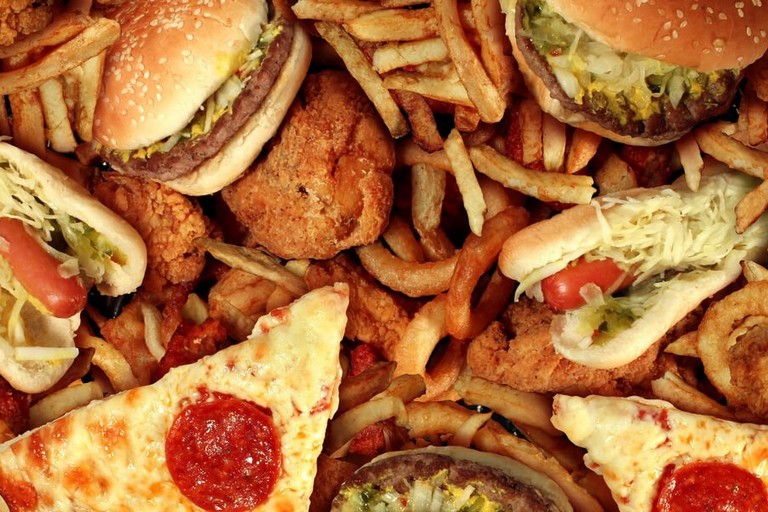There is more and more attention to what is brought to the table, but this is not enough to guarantee us an optimal state of health and psychophysical condition, in fact we need to start paying attention to “when” to bring a meal to the table. Chronobiology is the branch of biology that studies circadian rhythms and teaches us that in addition to the quality of a food and its nutritional profile, the timing of a meal is important, ie at what time of day it is eaten and at what intervals.
There are more and more studies in the literature, but taking a very recent one published in 2020, the association between timing, dietary intake and metabolic health was evaluated on a sample of overweight / obesity women. The basis of the research was to understand how altered dietary habits and off-hours meals contribute to misalignment of circadian rhythms and disruption of metabolic processes resulting in excess energy intake and impaired metabolic health.
Eating timing studies conducted to date suggest that overweight or obese adults who switch to consuming their food energy earlier in the day have favorable changes in weight and cardiometabolic health.
Specifically, the aforementioned study shows that eating more frequently and shortly before bedtime is associated with an increase in calories, glycemic load, blood pressure, weight gain and an increase in waist circumference; while having a more limited food intake over time using an intermittent fasting method led to a decrease in all these parameters.
Finally, a new 2022 study evaluated how eating later increases hunger, decreases energy expenditure and changes the hormonal profile of adipose tissue. Specifically, the team of researchers studied 16 patients with a body mass index in the range of overweight or obesity, finding that eating later has profound effects on hunger and appetite-regulating hormones (leptin and ghrelin), which influence our urge to eat. Levels of the former, which signals satiety, decreased over 24 hours with late feeding compared with early feeding conditions. When the participants ate later, they also burned calories at a slower rate and showed adipose tissue gene expression toward increased adipogenesis (synthesis of adipose tissue) and decreased lipolysis (lysis of adipose tissue), which they promote the growth of fat.
